From The Dojo To The Boardroom: A Fighter's Rise To Global Influence
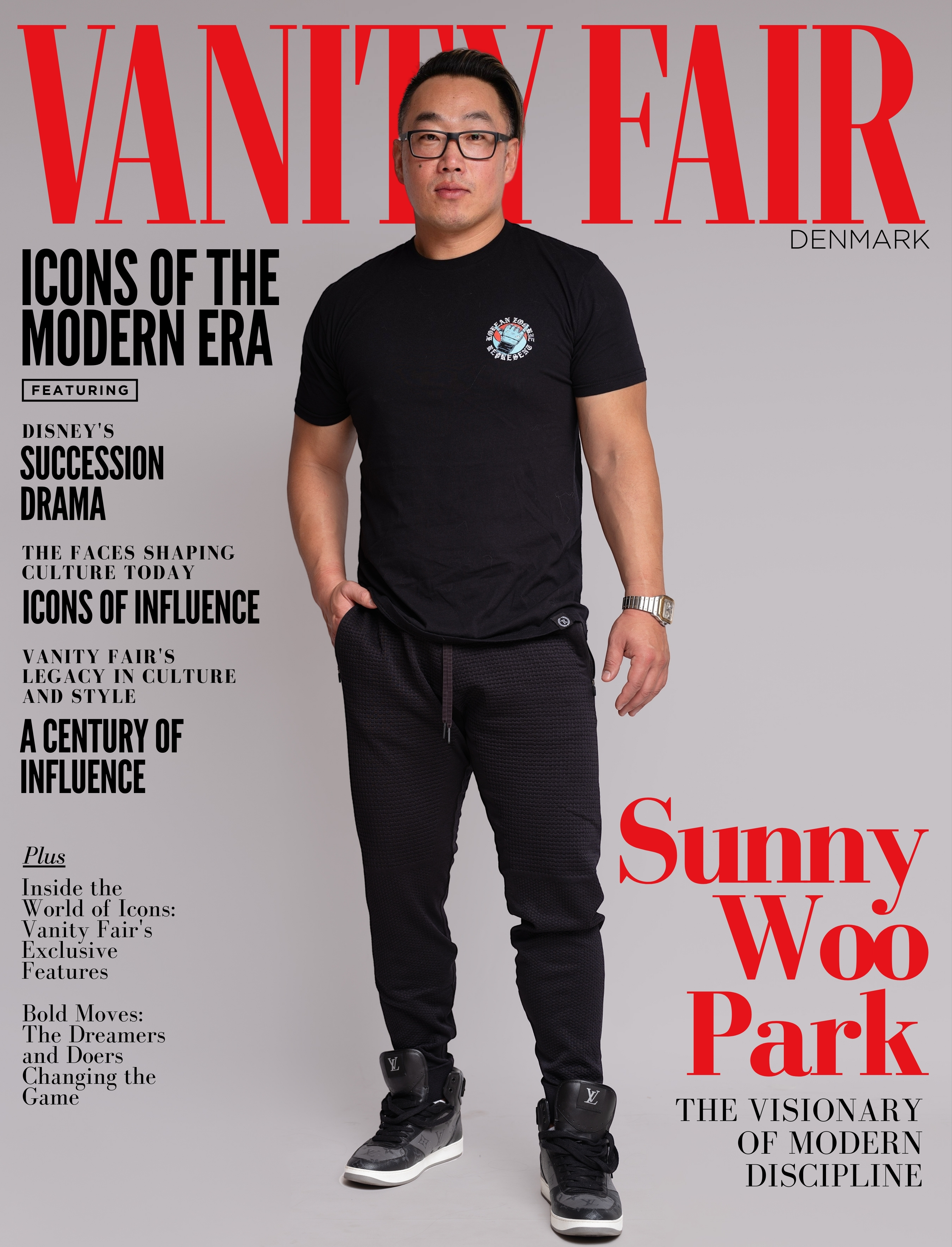

Not every fighter builds an empire. And not every businessman can take a punch. But Sunny Woo Park? He’s both — a living paradox who turned his fists into a foundation, his vision into a movement, and his hustle into global headlines. This isn’t just another martial arts success story — this is the blueprint for reinvention, resilience, and real power.
Born Kwon Woo Park and raised in New Jersey, Sunny didn’t grow up dreaming of fame. He grew up working. His father, a traditional Taekwondo master from South Korea, owned several studios, and by age ten, Sunny was managing one. While most kids were playing video games, Sunny was handling class schedules and wiping down mats. That wasn’t ambition. That was survival. And that raw, early exposure to business and discipline would become the cornerstone of everything he built later.
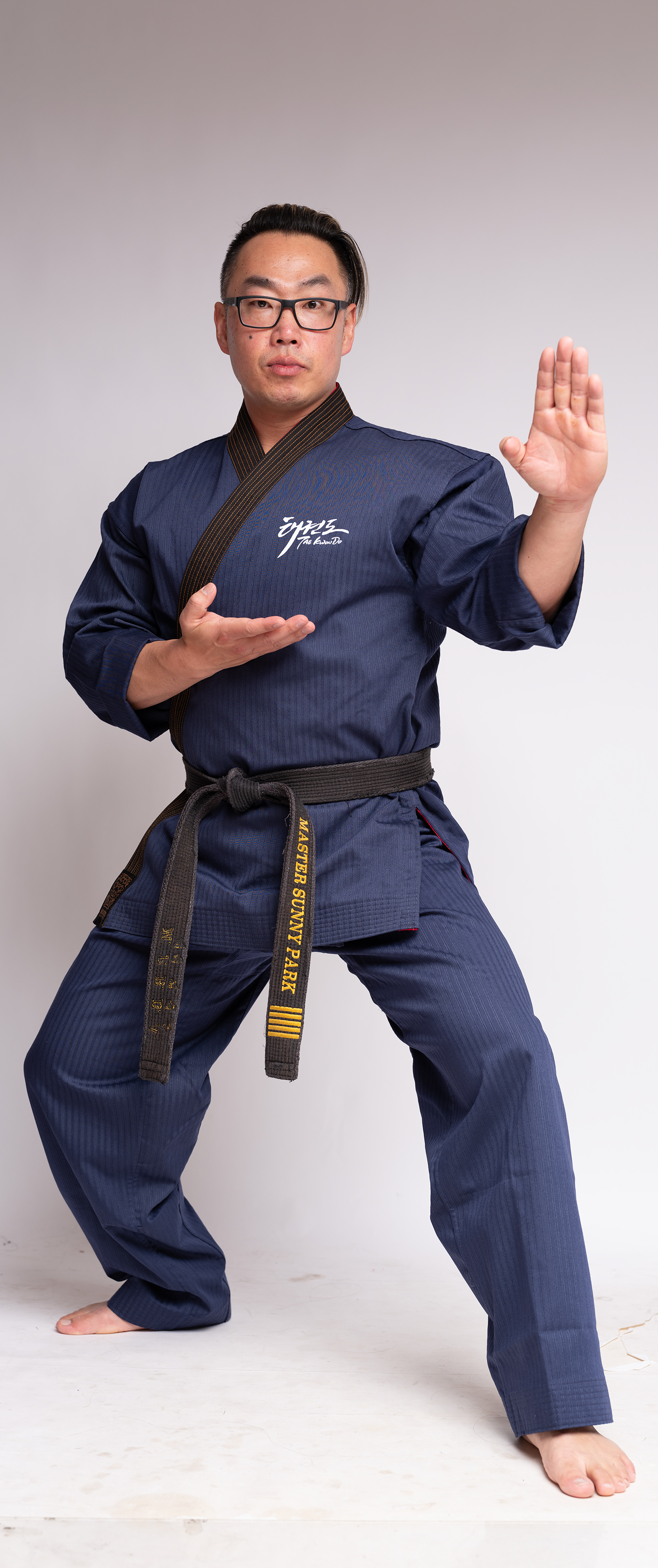
Then came 1998. The collapse. The family lost their business, their home, and their footing. His father returned to Korea, while Sunny stayed behind with his mother and siblings. No money. No security. Just a teenage boy with nothing but grit in his hands and a quiet promise to himself: I’ll rebuild this — and I’ll make it bulletproof.
In 2004, that promise came to life. Sunny, along with his brother and wife, founded Kombat Taekwondo USA — a brand, a business, and eventually a global phenomenon. This wasn’t a side hustle. This wasn’t about teaching kicks in a strip mall dojo. This was about turning martial arts into a scalable, profitable, legacy-building platform. A place where instructors became owners, and fighters became future CEOs.
Fast forward, and the numbers are staggering. Ten locations. Over 3,000 students. A network of more than 1,000 clubs worldwide, with representation in 110 countries. Kombat Taekwondo USA isn’t just a martial arts brand — it’s a movement. It’s an empire built on kicks, sweat, discipline, and smart systems. And leading it all? Sunny Woo Park — still on the mat, still teaching, still throwing harder than half the kids in the room.
He holds an 8th Dan Black Belt in Kombat Taekwondo, a 5th Dan Kukkiwon certificate, and Level 3 certification in Krav Maga. But what sets him apart isn’t the belt — it’s the vision. Sunny’s not interested in being the best martial artist in the room. He’s interested in redefining what the room even looks like. He wants professional Taekwondo to rival boxing, MMA, and every other televised combat sport — with paychecks, packed stadiums, sponsorships, and career fighters living like the stars they are.
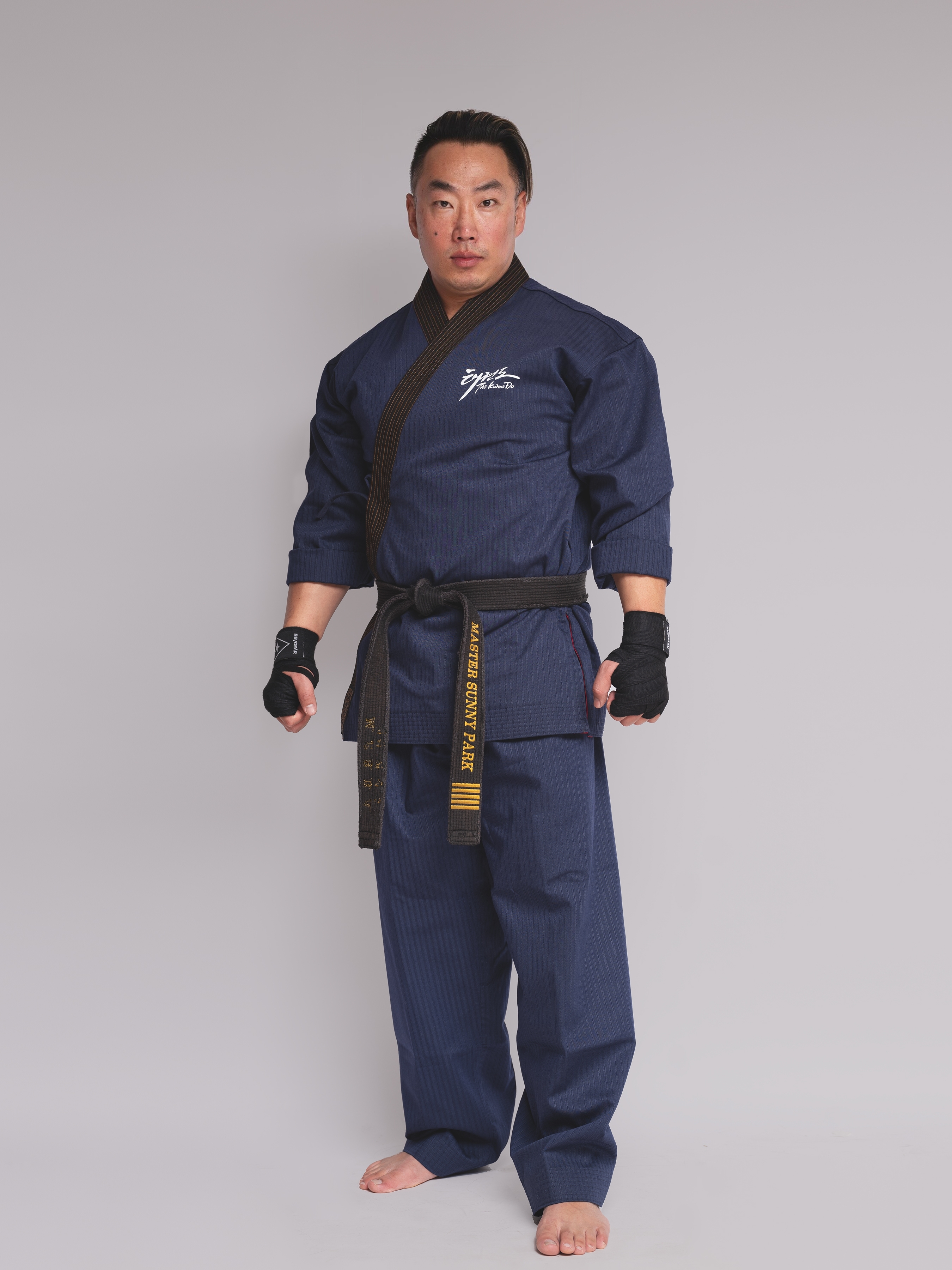
And make no mistake — he’s already building the infrastructure to make that happen. He’s certified over 1,400 referees, structured global standards, and launched partnerships that combine tradition with technology. His latest power move? RESPECT TOKEN — a blockchain-backed platform supporting fighters and fans with transparent systems and community-driven value. While others are teaching drills, Sunny’s building a financial ecosystem.
But behind the boardrooms and branding is still the man. A man who remembers cleaning the bathrooms before class and watching his mom juggle jobs just to keep the lights on. A man who never stopped showing up — not when they lost everything, and not even now, when the empire is thriving. His mission has always been clear: build leaders, not followers. Create legacy, not just income. And above all, make martial arts sustainable — for the fighters, the teachers, and the future.
Talk to his students, and they’ll tell you — Sunny doesn’t just train you to fight. He trains you to lead. His instructors aren’t just employees. They’re entrepreneurs, many of them former students who now own their own schools under the Kombat system. That’s not a career path. That’s a generational shift — from discipline to ownership.
While preparing for his 50-before-50 expansion goal (yes, he wants 50 locations before turning 50), Sunny’s also quietly gained attention from a more unexpected corner of the world — fashion, business, and cultural media. The kind of attention that led Vanity Fair Denmark to take notice of the man behind the movement. It’s rare to find someone who embodies both tradition and trend, someone who moves just as effortlessly in a training floor as he does in a boardroom — or a feature piece. But Sunny Park isn’t built like the rest.
His story doesn’t need dramatic embellishment. The facts do the talking. A fighter who rebuilt from scratch. A teacher who created a global playbook. A founder who’s showing the world what happens when you stop asking for opportunity and start creating it.
He’s not chasing the spotlight. He’s building his own. Whether you’re a black belt, a business owner, or just someone looking to turn a setback into something legendary — watch closely. Sunny Woo Park isn’t just changing martial arts. He’s redefining what power looks like when discipline, vision, and legacy collide.
Film, TV, and entertainment industry news. Plus, every Friday, a special Awards Insider edition.
By signing up, you agree to our user agreement (including class action waiver and arbitration provisions), and acknowledge our privacy policy.
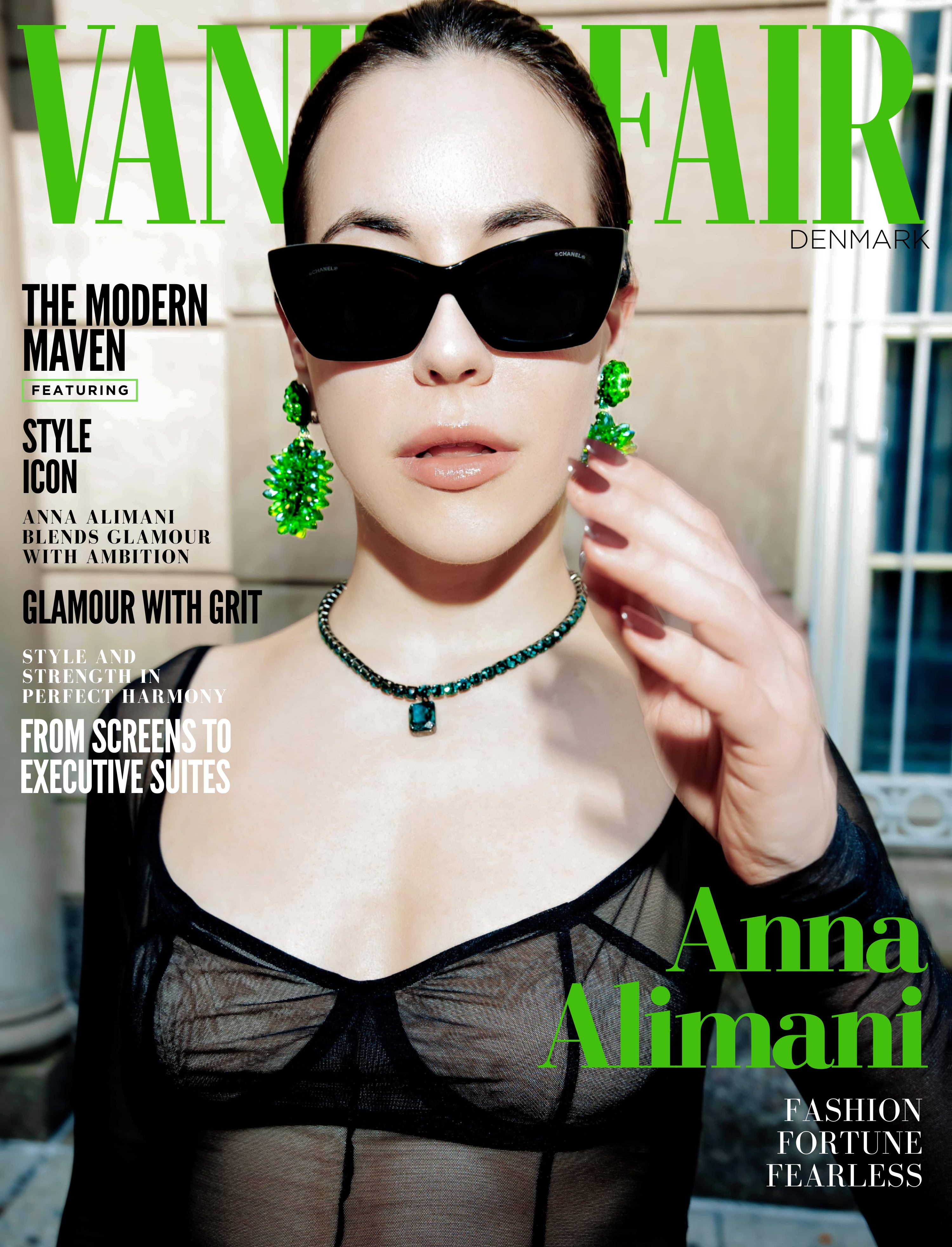
Her story is less about chasing fame than about building an empire on her own terms.
By Lærke Thomsen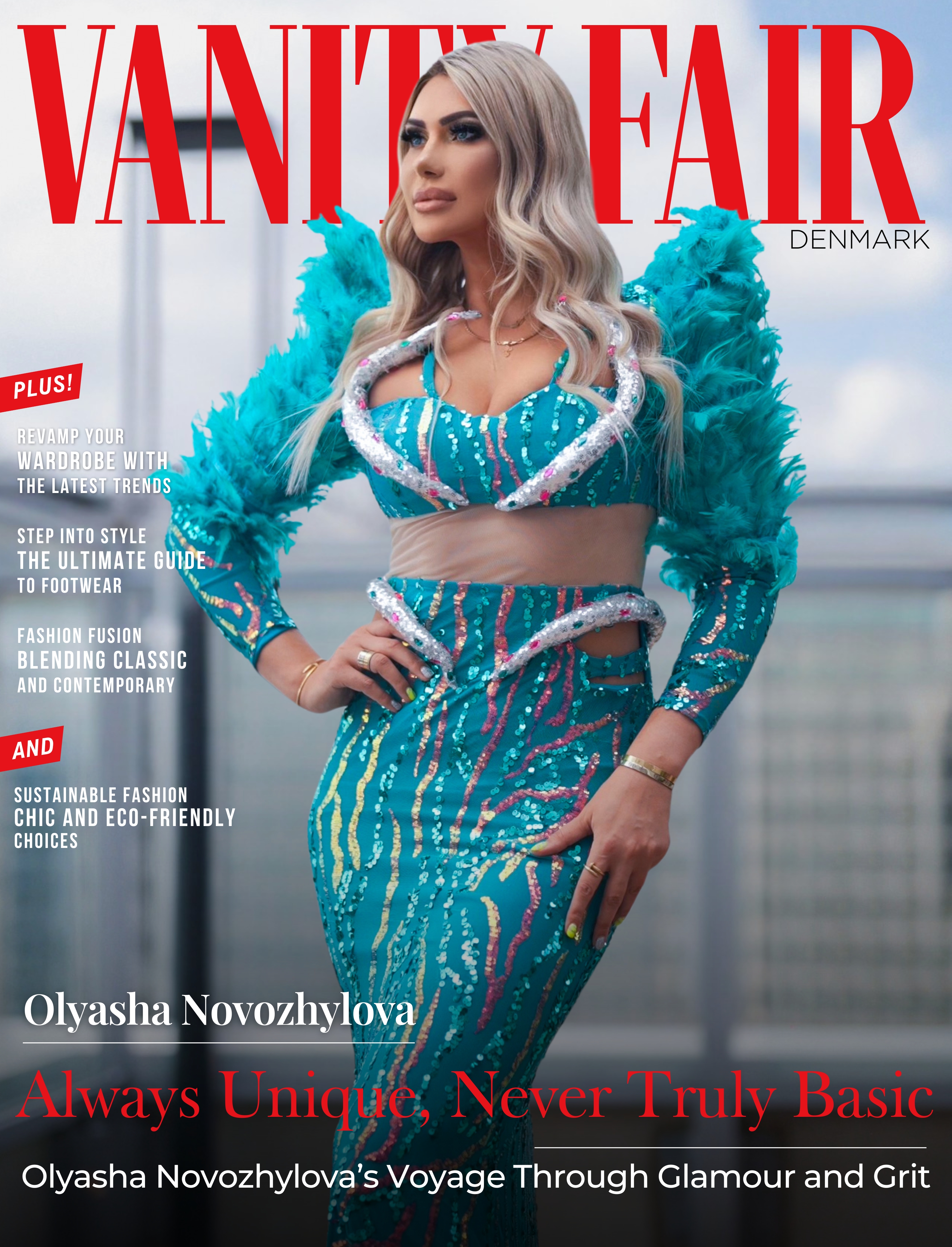
By Emil Pedersen
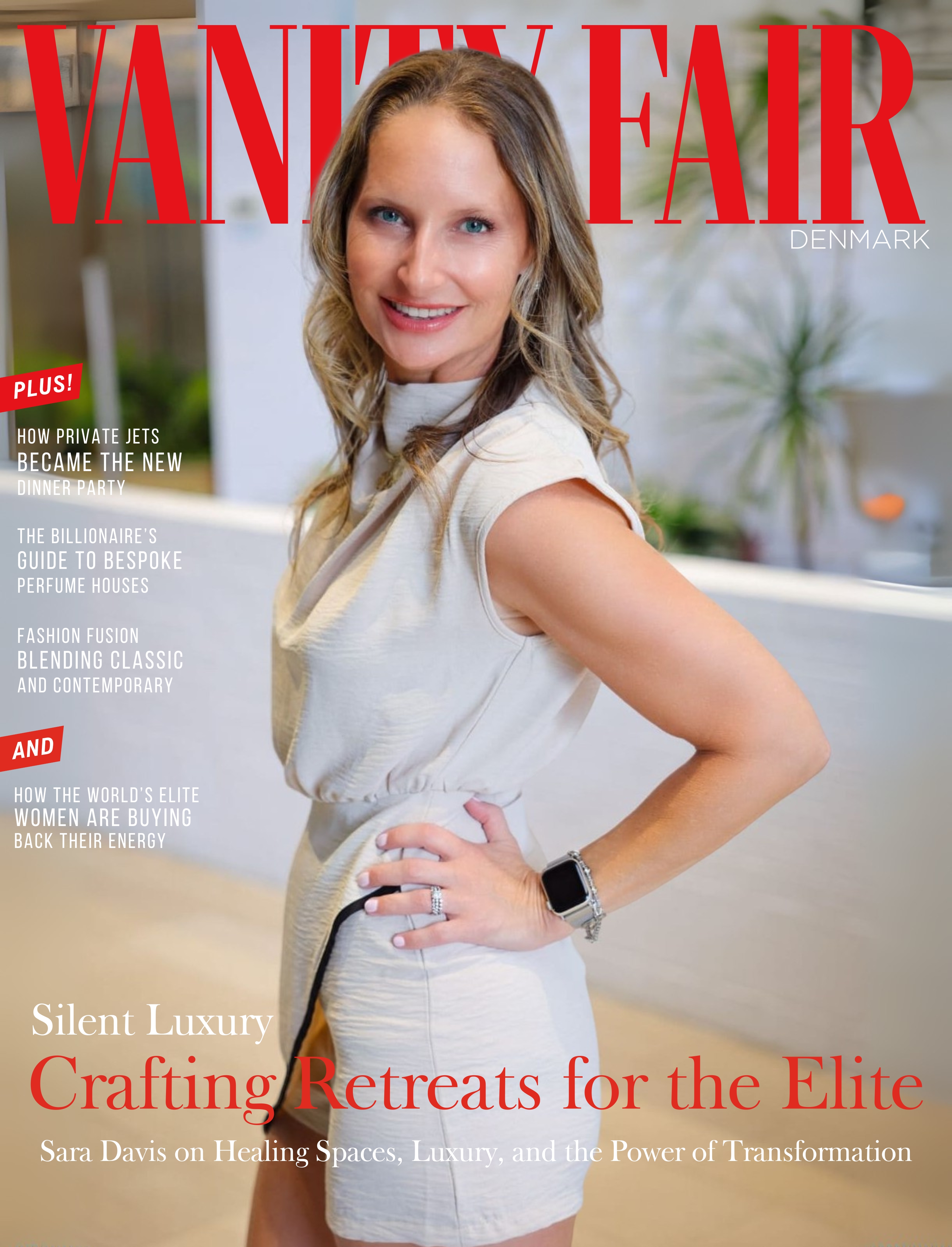
How a visionary designer brings calm, balance, and purpose to the homes of professional athletes
By Lærke Thomsen
Philanthropist and fashion icon dedicated to charity and empowerment.
By Clara Sørensen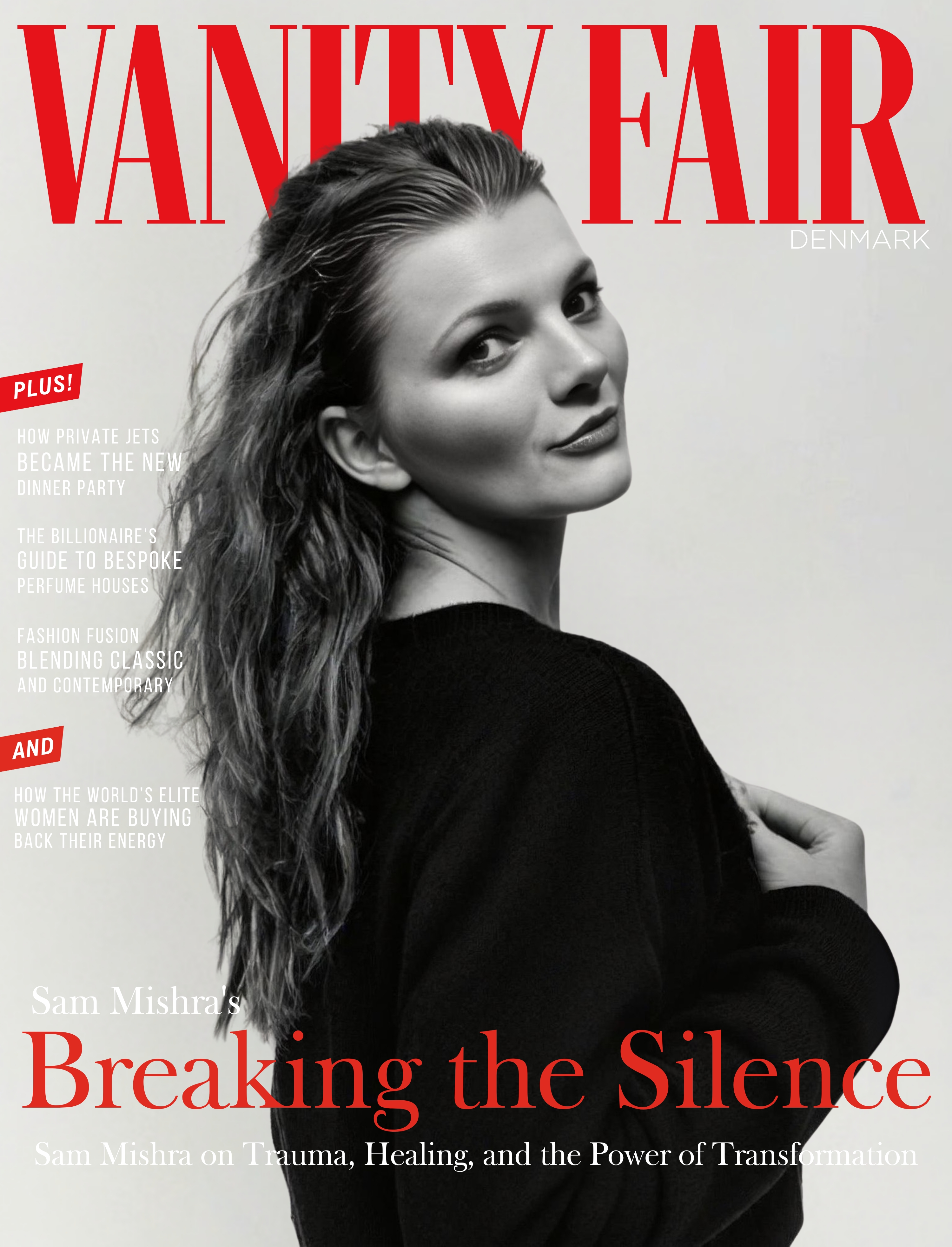
From podcasts to workshops, The Medical Massage Lady turns lived adversity into a blueprint for resilience.
By Ida Rasmussen
The story of a woman who turned ambition into purpose, and elegance into impact.
By Ida Rasmussen
How an eBay storefront grew into a rare blend of commerce and compassion
By Lærke Thomsen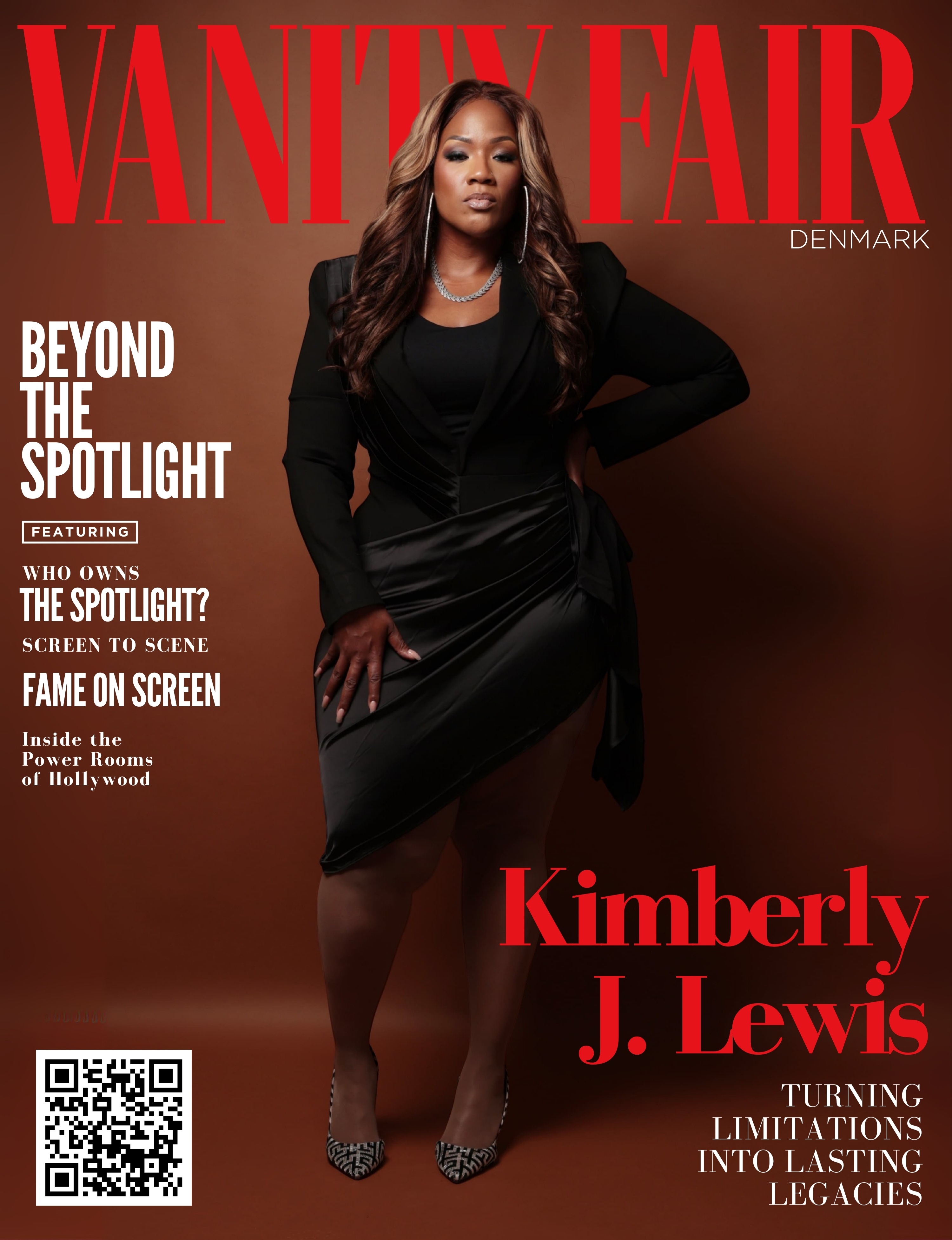
Championing neurodivergence, innovation, and faith, Lewis transforms pressure into a platform for resilience and radiant leadership.
By Ida Rasmussen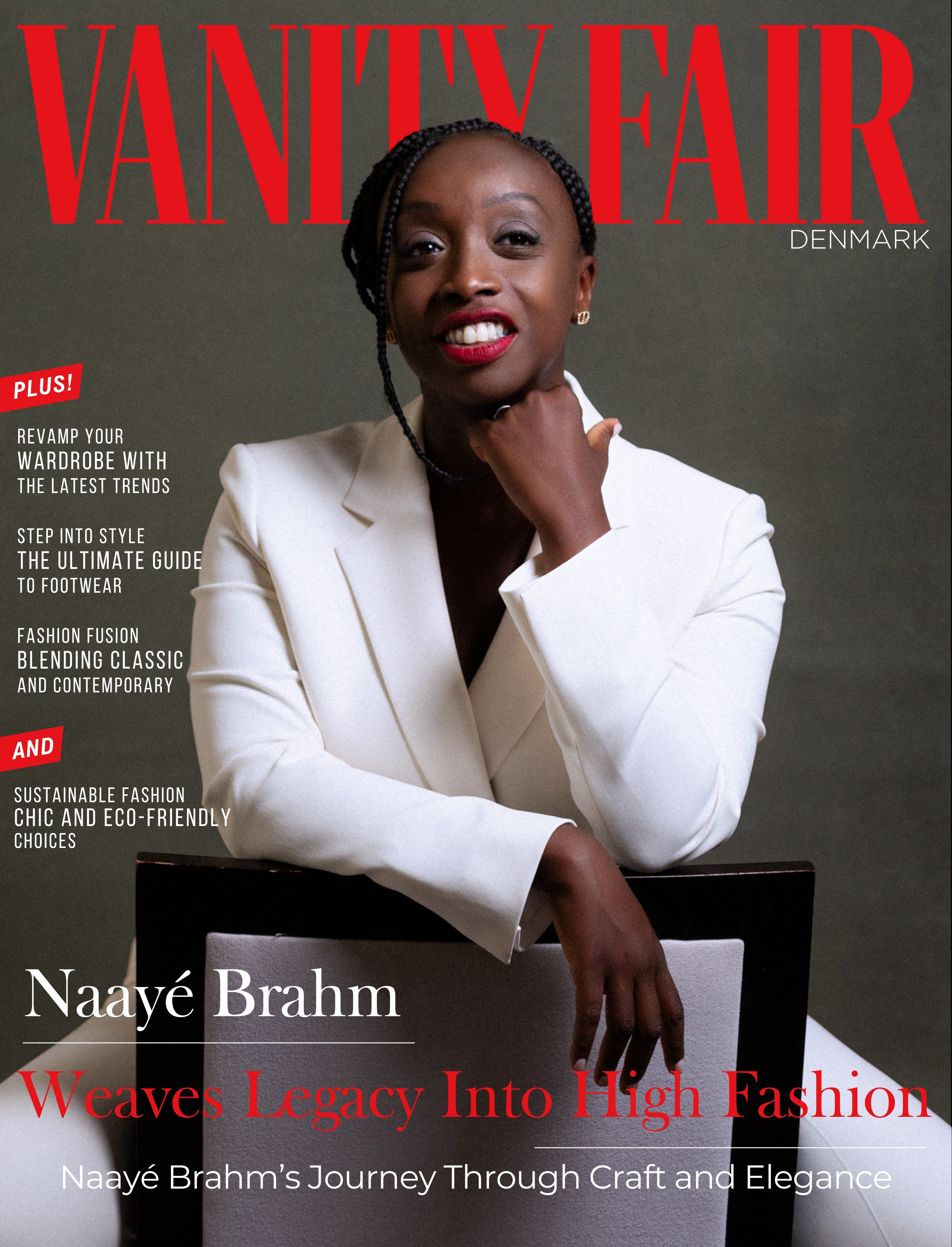
Naayé Brahm marries ancestral craftsmanship with the poise of contemporary luxury
By Lærke Thomsen
Meet the inspiring public figures shaping culture and leadership in 2025.
By Clara Sørensen
How one woman turned resilience into a movement of empowerment
By Lærke Thomsen.jpg)
Why midlife may be the most magnetic chapter of all
By Emil Pedersen